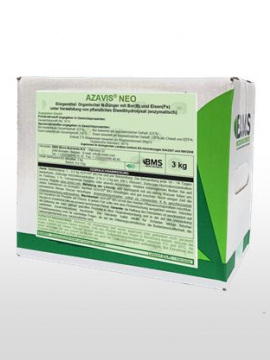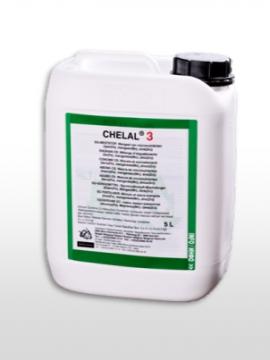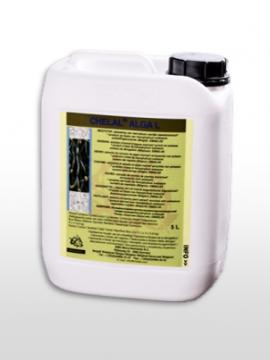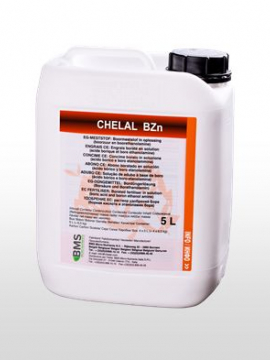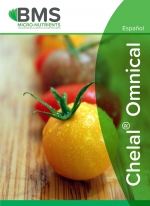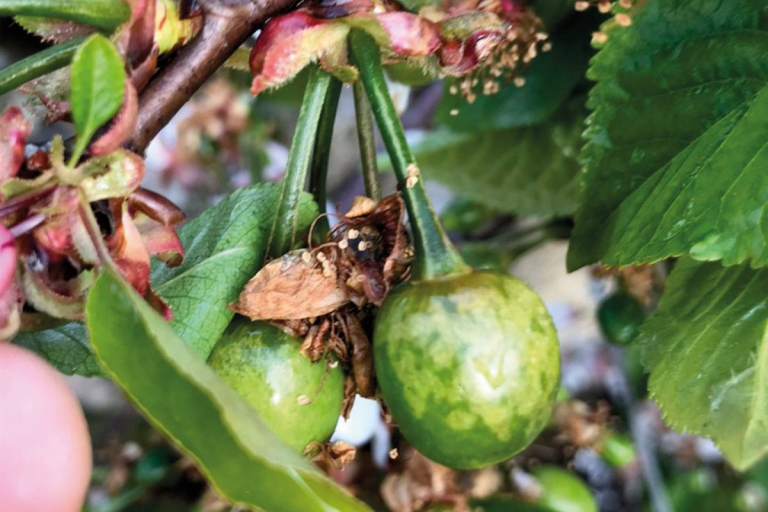You are here
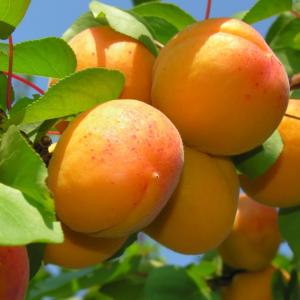
Apricot
Moderate to high sensitivity to the deficiency of: Ca, B
Low to moderately sensitivity to the deficiency of: Fe, Mn, Zn
(the sensitivity to the deficiencies of these nutrients can vary in function of the variety)
The formation of fruits demands a lot of energy from the apricot trees. This is even more true if it is an early variety, then the fruits have to ripen in very little time.
To ensure that the tree can reach this objective, it has to be in optimal condition and its nutrition plays hereby an important role. Not only the macro-nutrients are important but also the trace elements.
Boron
Boron is important for the formation and the fertility of the flowers, the fruit set and avoids fruit deformations.
Calcium
Calcium is the most important element to obtain good quality fruits (harder fruits with a better shelf life) and has to be applied just after the fall of the petals (Chelal Omnical).
Zink
As so many other stone fruit, the apricot is also very sensitive to Zinc deficiency. This element influences the juvenile growth of the plant because it intervenes in the production of plant hormones. Finally it is also very important to keep the plant green at all times so that the photosynthesis is always optimal in order to nourish the fruits. Foliar applications with Chelal Fe and Chelal RD can easily avoid and treat iron chlorosis.
Apricots start their growing season in spring immediately with the bloom. Applications before the bloom are difficult, or almost impossible. Therefore it is even more important to supply the trees with sufficient reserves and energy in order to assure that these flowers are in a good condition (determining for the production). With Hyberol applications of Boron, Zinc, and other metabolites such as carbohydrates, sugars, antioxidants, … can be done when the plant is starting to prepare the bloom of the next season: in autumn.
Consult our programs to obtain information on the most opportune moments of the application of our products.
